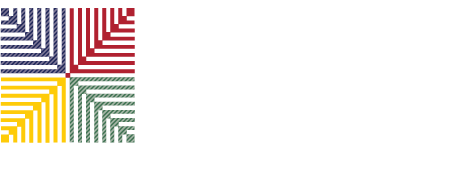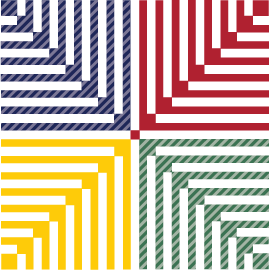The Freedom Fighter by Mohammed Moawia follows a young performer from his journey as armed resistance fighter (as a member of the Al Aqsa Brigades) to The Freedom Theater in Jenin. We spoke to Moawia about this theater group, its impact on participants, and the value of the performing arts in Palestine.


BPFF: For someone who hasn’t seen The Freedom Fighter, what is it about? What inspired you to make it?
MM: The film is about the journey of one of The Freedom Theater’s former students, Rabi`a Turkman, who used to be in the armed resistance against the Israeli occupation during the Second Intifada (Palestinian uprising). He discovered that Palestinians can resist without weapons, through theater, culture, and the arts. Rabi`a’s life, and the dedication he gave to this idea that culture is a tool for individual and collective freedom, inspired me.
BPFF: Why did you choose to focus on Rabi`a’s story?
MM: To me, Rabi`a’s life story is a symbol of cultural resistance and how artistic expression is a core part of our struggle for justice, equality, and freedom. I wanted to use his story to show people how we try many different strategies to protect our children, our lands, our dignity, and ourselves. We fight for our rights, in many different ways.
BPFF: What is your connection to the Freedom Theater? Tell us more about it, its history, and why it’s so important.
MM: I have worked at The Freedom Theater since 2006, first as a computer teacher, and then I learned filmmaking and became a film trainer. In the past couple of years, I’ve coordinated the multimedia work of The Freedom Theater, which includes filmmaking, photography, and creative writing.
We’ve published a number of books, youth magazines, photo exhibitions, and short films. Within the theater program, we run a three-year professional Theater School and different projects within applied theatre, using drama as a tool in education, therapy, and community mobilization. Every year, we organize events in remote and marginalized communities all over the occupied West Bank, where we use theatre and other art forms to raise awareness and show solidarity. We produce our own theatre performances. At the moment, we are working on four different productions at the same time. Some of them also go on international tours.
This maybe doesn’t sound like anything extraordinary, but in a society like that found in Jenin refugee camp, and actually most of Palestine, it is. Since the camp was established in 1953, its inhabitants have been waiting to go home; the home that is only a few kilometers away and that their ancestors had to leave in 1948. The refugees have the right to return, but this right has been taken away from them. Not only that; the camp is constantly subjected to violence by the Israeli army. Generation after generation grows up in this violence. Almost every child in the camp has experienced death or serious violence; numerous children are raised without a parent, and in most cases, the father or a brother is imprisoned in an Israeli prison or dead. Many children are very traumatized.
In this situation, The Freedom Theater can be life changing. Here, children, youth, and adults can come to play, to experiment, to feel safe, to imagine, to learn about themselves and others, to be listened to, and to develop skills that they can use to cope with their situation – and also to change it.
BPFF: Do you think theater (and by extension, film) is an effective way to incite change? Why or why not?
MM: Definitely. First of all, theater and film give you a chance to express yourself to a bigger audience. Your story can be transmitted into any language, to any audience. At The Freedom Theater, I see all the time how theater and multimedia teach us how to communicate with each other and with people outside, and make connections with them on a deeper level. Theater enables you to speak the same language, to make people feel what you feel.
BPFF: How has making The Freedom Fighter affected you as a person and as a filmmaker? Any plans for future films?
MM: What especially made an impact on me was seeing how The Freedom Theater changed Rabi`a’s life for the better. It made me realize how The Freedom Theater changed me, and made me realize that cultural resistance is important. Making this film has inspired me to challenge myself to make another story about cultural resistance in Palestine.
BPFF: Do you have anything else to add?
MM: I want to encourage people outside to learn more about the situation here and how The Freedom Theater gives people a chance to change their lives. I’d also like to say that I’m so happy that the Boston Palestine Film Festival accepted the film; we all really appreciate it.
–Alia Gilbert for BPFF
The Freedom Fighter screens Monday, October 20, 2014 at the Cambridge Public Library at 6 pm as part of a thematic slot called Shebab (Youth) in Palestine and Beyond. The show is free and open to the public. View the full festival schedule here.

